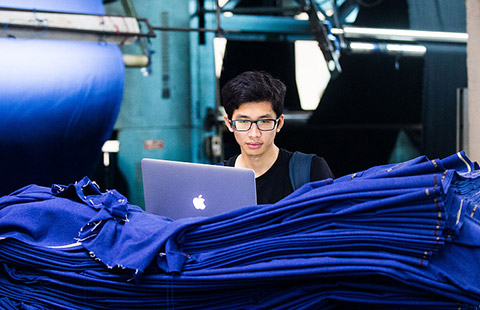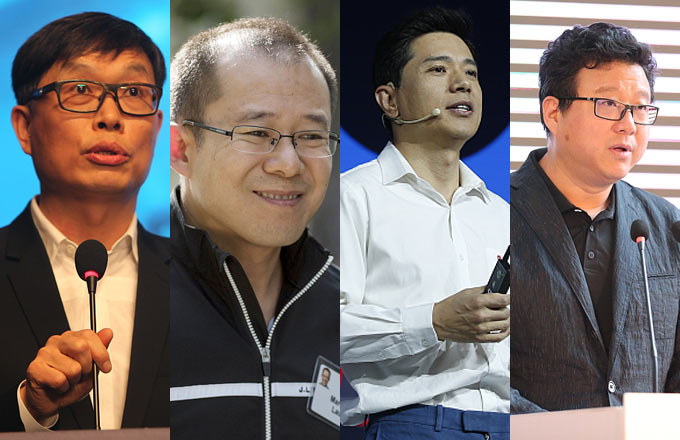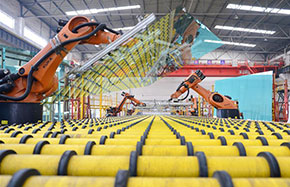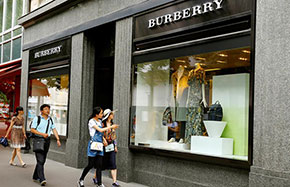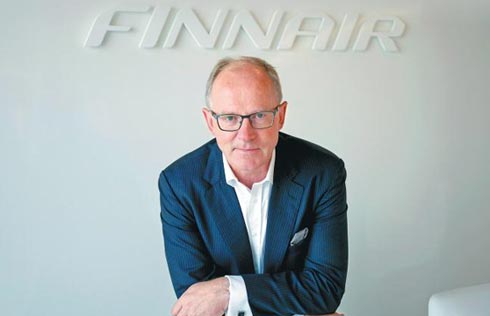Unilever consumed with ambitions for growth
"Moving their production bases to central and western China is an inevitable trend for multinational companies, where they will have lower labor and property costs, together with local governments' incentives for attracting foreign investment." said Xie Yongjun, partner with Adfaith Consulting.
As a company that manufactures and sells a variety of consumer products in China, Unilever is poised to take advantage of China's western development drive.
"The Chinese government has fully embraced free enterprise in many ways. The government shows its determination with extensive policies and incentives, and we are leaning toward them," said Jope.
Although Unilever may take a different approach with different markets, the company has been consistent in increasing profitability through innovation and emerging market penetration.
"We used to create innovative products in North America and bring them to China. Now, we have products such as Knorr, a brand of bouillon, that were originally designed and produced in the Asian market but quickly became an instant hit across the globe," Jope said.
After initial testing in the Hefei factory, Unilever will use agricultural waste including straw, corn stalks and even peanut shells as a fuel in the manufacture of laundry power.
Farmers now get paid for their straw residue, which used to cost them money and energy to burn or bury. The program will also improve Meishan's air quality, particularly in the traditional straw burning season.
The biomass program will cut 32 percent of total site emissions and reduce fuel costs by 50 percent.
- Unilever to sell water purifiers in China
- Methanal found in Unilever products
- Unilever goes to Tianjin to meet world demand
- Tunhe, Unilever seek sustainable growth
- Unilever's price rise 'a corporate decision'
- Unilever's project in Tianjin
- Unilever gets mouth washed out for remark
- China punishes Unilever for price hike remarks








